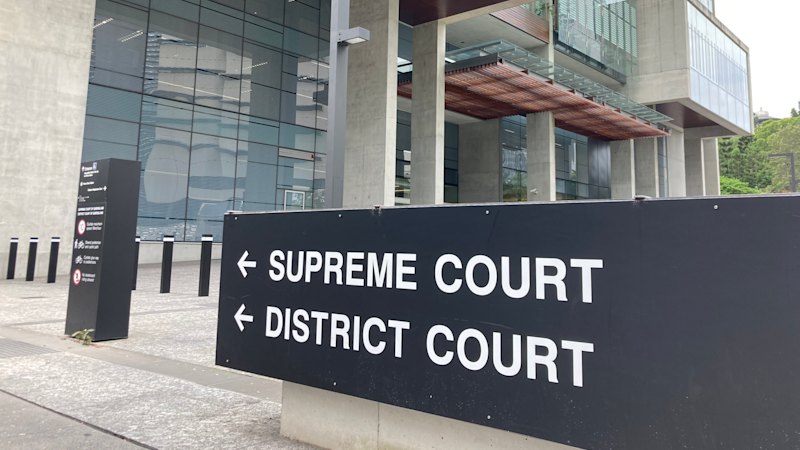
BREAKING: A **12-year-old girl** in Queensland has just been granted permission for an abortion by the Supreme Court, following a troubling history of domestic violence and significant challenges in her young life. Identified in court documents as ‘G’, the girl fell pregnant while under state custody and sought medical support after suspecting her condition earlier this year.
This urgent ruling comes as the girl, who was confirmed to be **five weeks and six days pregnant** in early July, requested a termination at **seven weeks**. The case has raised critical questions regarding her capacity to provide informed consent, prompting the hospital to escalate the matter to the Supreme Court for a decision.
UPDATE: Under the **Gillick standard**, children can legally make informed healthcare decisions, provided they fully understand the implications. This legal framework was pivotal in the court’s assessment, especially since Queensland decriminalized abortion in **2018**.
Justice **Melanie Hindman** noted in her ruling that the girl has been under an interim child protection order since **October 2024** and has a documented history of domestic violence dating back to her birth in **2012**. Currently residing in residential care, she has faced tremendous adversity, including a lack of support from her parents—her father is subject to a domestic violence order, while her mother struggles with mental health and substance abuse issues.
In a distressing detail, the girl’s mother initially reacted negatively to her situation, indicating feelings of shame towards the family. The girl reportedly educated herself about termination methods online, demonstrating a desire to take control of her health amidst a chaotic environment.
The **16-year-old father** of the unborn child remains unaware of the pregnancy and has had no contact with the girl following a falling-out. This case underscores the urgent need for comprehensive support and protection for vulnerable minors facing similar situations.
As this story develops, it highlights the broader implications for child rights and healthcare access in Australia. Advocates are calling for more robust protections and resources for children in similar circumstances, emphasizing the importance of informed consent and support systems in healthcare decisions.
NEXT STEPS: As the legal and societal ramifications unfold, stakeholders will be watching closely to see how this ruling influences future cases involving minors and abortion rights in Queensland. The emotional weight of this decision resonates deeply, reflecting broader issues of child welfare and the need for protective measures for at-risk youth.
Stay tuned for more updates on this developing story.






